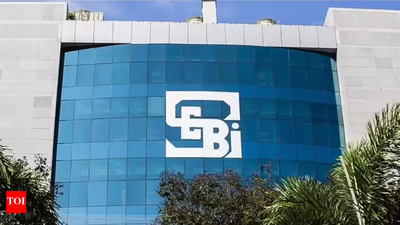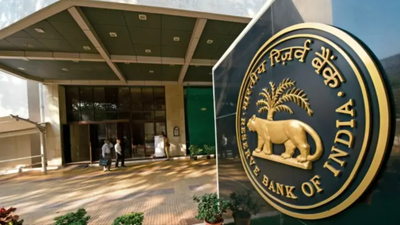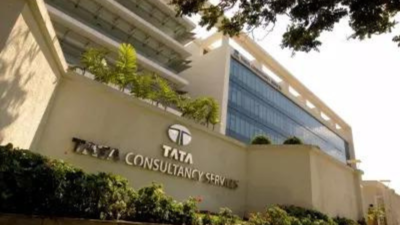Officials must periodically disclose assets: Sebi panel

 The committee also recommended that all the top officials make periodic and event-based disclosures about assets, liabilities, trading activities and family relationships.
The committee also recommended that all the top officials make periodic and event-based disclosures about assets, liabilities, trading activities and family relationships.
The committee also said definitions of family and relatives should be expanded.
The panel also proposed setting up an Office of Ethics & Compliance (OEC) and an Oversight Committee on Ethics & Compliance (OCEC) within Sebi.

The committee also said that post their retirement, a top Sebi official will not be allowed to appear before or against the regulator for at least two years.
The panel, however, has recommended a less stricter set of rules for part-time members of the Sebi board, like those appointed by the govt. This committee, headed by retired IAS officer Pratyush Sinha, was set up in the backdrop of a series of conflict of interest allegations against Sebi’s former chief Madhabi Puri Buch, all of which she had denied. In its 98-page report, the committee pointed out several lacunae, inconsistencies and disparities between two of Sebi’s codes and regulations for its employees.
Among those, most Sebi employees “face stricter restrictions (prohibition on equity investments, annual asset disclosures, deemed “insider” status), whereas members have narrower disclosure obligations and fewer restrictions,” the report said. It also pointed out that there were different definitions of ‘family’ and ‘conflict of interest’ that apply to members and employees.
Also, “there is no independent ethics office for board members; (while) disclosures are confidential and not reviewed substantively,” the panel said. The committee also recommended strict disclosure norms for applicants to the top offices at the regulatory body.
“Applicants for the position of (Sebi) chairman and members, and for lateral entry positions must disclose actual, potential, and perceived conflict-of-interest risks of financial and non-financial nature to the appointing authority,” it said. The panel also found that Sebi’s existing code for its top officials was voluntary in nature and lacked penalties for non-compliance.
In contrast, Sebi’s (Employees’ Service) Regulations, 2001, was a subordinate The panel consulted existing international frameworks for similar instances,It also looked at rules at Indian institutions like RBI, IRDAI, Sebi-regulated entities and the Govt of India service conduct rules.



